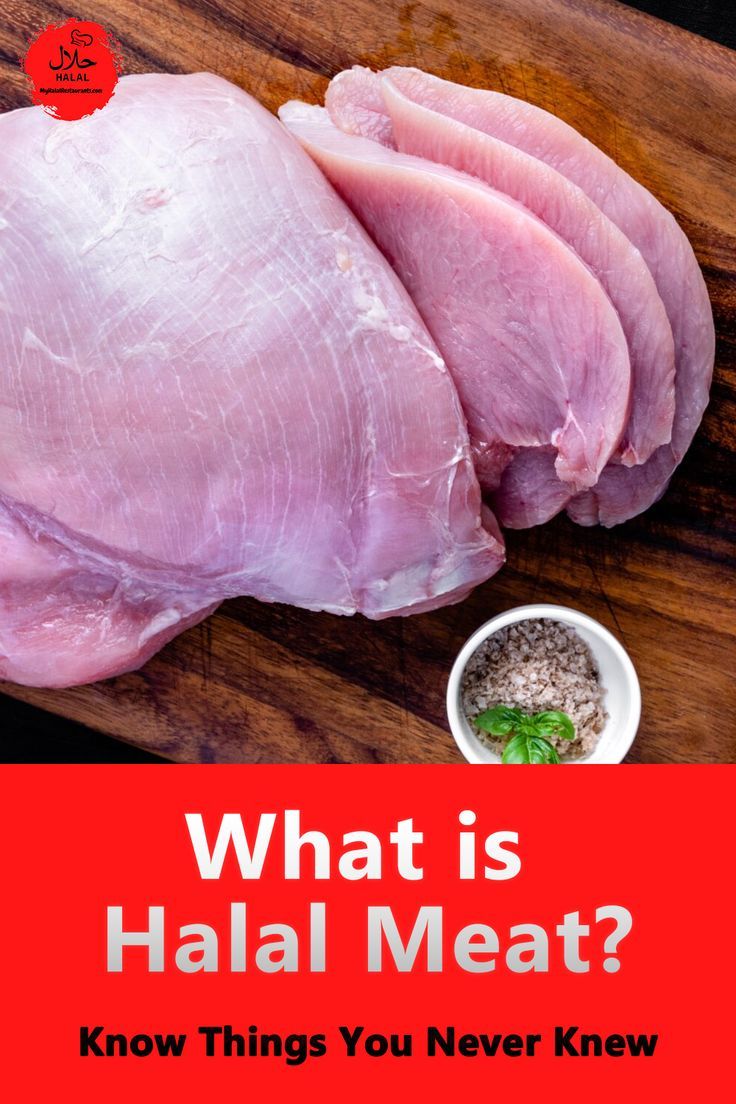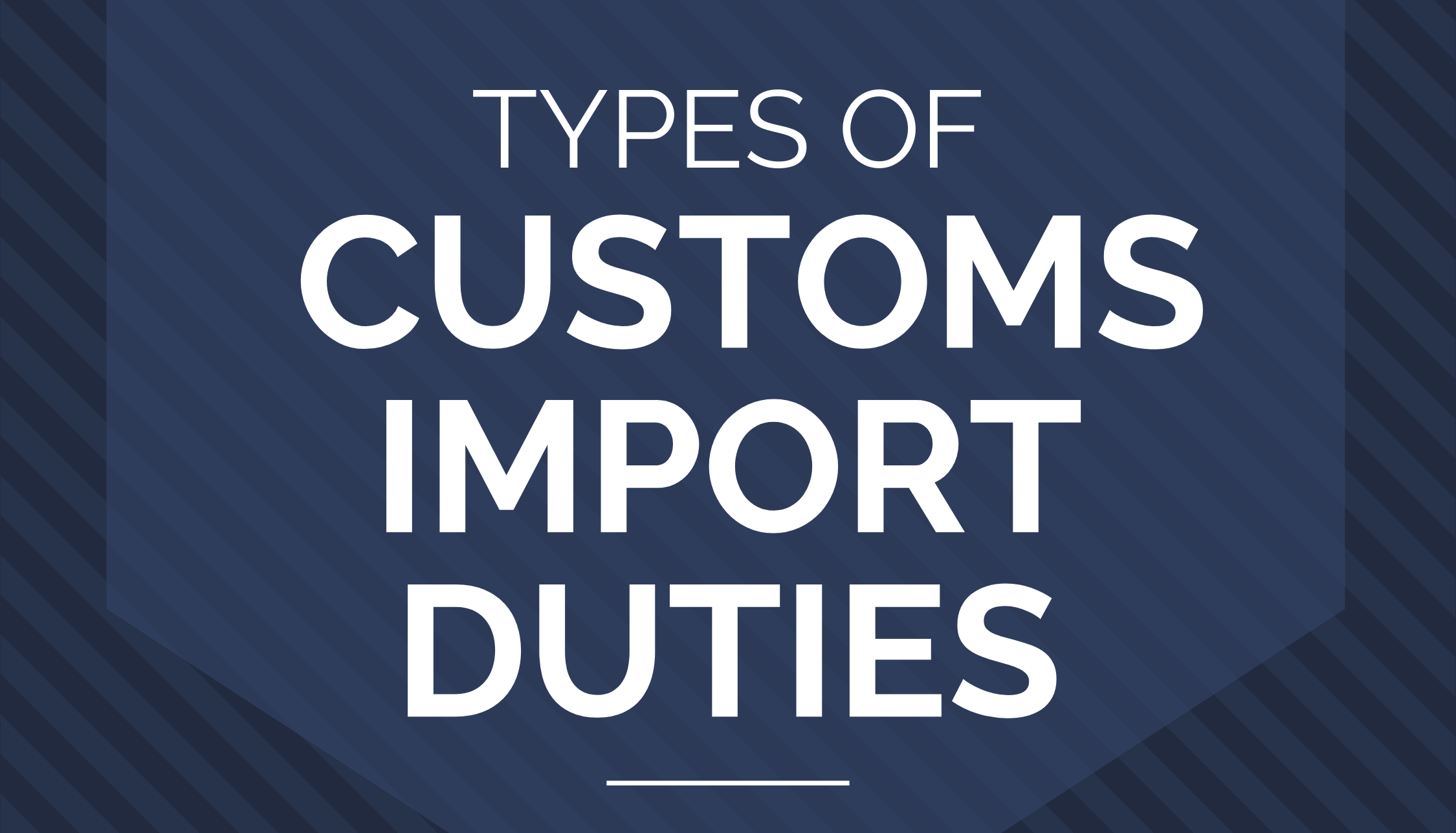Why Vegans Should Critically Examine Halal Meat Production

Table of Contents
The Halal Certification Process: More Than Just Slaughter Methods
Halal certification focuses primarily on the method of slaughter, specifically the "Zabiha" method, which emphasizes a quick and clean kill. However, this certification largely overlooks the animal's welfare throughout its life. This crucial distinction is often missed. The emphasis on the slaughter method alone ignores the ethical implications of the conditions leading up to the animal's death.
- Focus on the "Zabiha" method: While the "Zabiha" method aims for a humane slaughter, it doesn't address the potentially inhumane conditions animals endure before slaughter. A quick death doesn't negate prior suffering.
- Lack of standardization across halal certification bodies: The varying standards and levels of oversight across different halal certification bodies result in inconsistencies in animal welfare practices. What constitutes "halal" can differ significantly depending on the certifying organization.
- Absence of welfare standards beyond slaughter: Many halal farms may still utilize intensive farming practices, including overcrowding, confinement, and limited access to natural behaviors. The halal certification often doesn't extend to these pre-slaughter conditions. This means that even meat with halal certification might come from animals that have suffered significantly.
The Reality of Intensive Farming in Halal Meat Production
The growing demand for halal meat, like the demand for other meat products, fuels intensive farming practices, compromising animal welfare. The drive for economic efficiency often overrides ethical considerations. This is a critical point for vegans concerned about animal cruelty.
- Overcrowding and confinement: Intensive farming leads to overcrowding and confinement, resulting in stress, disease, and injury among animals. These conditions are detrimental to their physical and mental health.
- Limited access to natural behaviors: Animals are often denied opportunities to engage in natural behaviors such as grazing, foraging, and social interaction, leading to further suffering. This lack of enrichment negatively impacts their well-being.
- Use of routine antibiotics and other medications: The prevalence of disease in intensive farming systems necessitates the routine use of antibiotics and other medications, raising concerns about antibiotic resistance and the overall health of the animals.
- Transportation and handling stress: The stress of transportation and handling during the process of getting animals to slaughterhouses adds to their suffering. These stresses can be significant and are often overlooked in the discussion of halal meat.
Environmental Impact of Halal Meat Production
The environmental concerns associated with intensive animal agriculture, even within halal meat production, are significant. These impacts are often overlooked in discussions focused solely on the method of slaughter.
- Greenhouse gas emissions from livestock: Animal agriculture, including halal meat production, is a major contributor to greenhouse gas emissions, contributing to climate change. The scale of meat production necessitates a critical assessment of its environmental impact.
- Land and water usage: Intensive livestock farming requires vast amounts of land and water, placing a strain on natural resources. This high resource consumption is unsustainable in the long term.
- Waste management challenges: The sheer volume of waste generated by intensive livestock farming presents significant waste management challenges, potentially polluting the environment.
The Ethical Vegan's Dilemma: Supporting or Boycotting Halal Meat Production
The question of whether to support or boycott halal meat presents a complex dilemma for vegans. The ethical considerations extend beyond simply the method of slaughter.
- Supporting local, smaller-scale halal farms that prioritize animal welfare: One approach is to identify and support local, smaller-scale halal farms that prioritize animal welfare and implement more sustainable practices. This involves careful research and due diligence.
- Focusing on plant-based alternatives and reducing overall meat consumption: The most effective way to align with vegan ethics is to reduce meat consumption overall and increase the reliance on plant-based alternatives. This directly addresses the core concerns of animal suffering and environmental impact.
- Advocating for better regulation and labeling to improve transparency: Vegans can advocate for clearer labeling and stricter regulations within the halal meat industry to improve transparency and accountability, pushing for better animal welfare standards.
Conclusion
While the method of slaughter in halal meat production might seem ethically sound to some vegans, a critical examination reveals that the wider practices within the industry often fall short of ethical and sustainable standards. Intensive farming practices, environmental concerns, and the lack of consistent welfare standards across halal certifications should prompt vegans to question their assumptions and consider the broader implications of their choices. Moving forward, supporting ethical and sustainable food systems, including increased plant-based diets and advocacy for improved animal welfare standards within the halal meat industry, is crucial for vegans who strive for a truly compassionate and environmentally conscious lifestyle. Remember to critically examine halal meat production and its various aspects before making choices aligned with your values. Consider the complete picture of halal farming practices and their impact. Choose halal meat with conscious consideration, or better yet, choose plant-based options to support your values.

Featured Posts
-
 Analysis Of Cross Border Mechanisms In Crime Prevention And Investigation
May 13, 2025
Analysis Of Cross Border Mechanisms In Crime Prevention And Investigation
May 13, 2025 -
 Five Script Revisions How Beyonce Shaped A Hollywood Film
May 13, 2025
Five Script Revisions How Beyonce Shaped A Hollywood Film
May 13, 2025 -
 The Wonder Of Animals Protecting Our Planets Incredible Creatures
May 13, 2025
The Wonder Of Animals Protecting Our Planets Incredible Creatures
May 13, 2025 -
 April Customs Duties U S Collects Record 16 3 Billion
May 13, 2025
April Customs Duties U S Collects Record 16 3 Billion
May 13, 2025 -
 8 Godini Priyatelstvo Dzherard Btlr I Blgarskoto Mu Kuche
May 13, 2025
8 Godini Priyatelstvo Dzherard Btlr I Blgarskoto Mu Kuche
May 13, 2025
